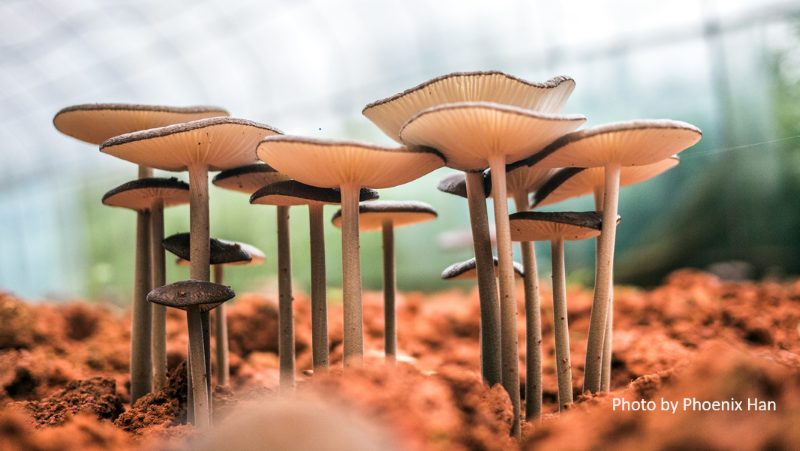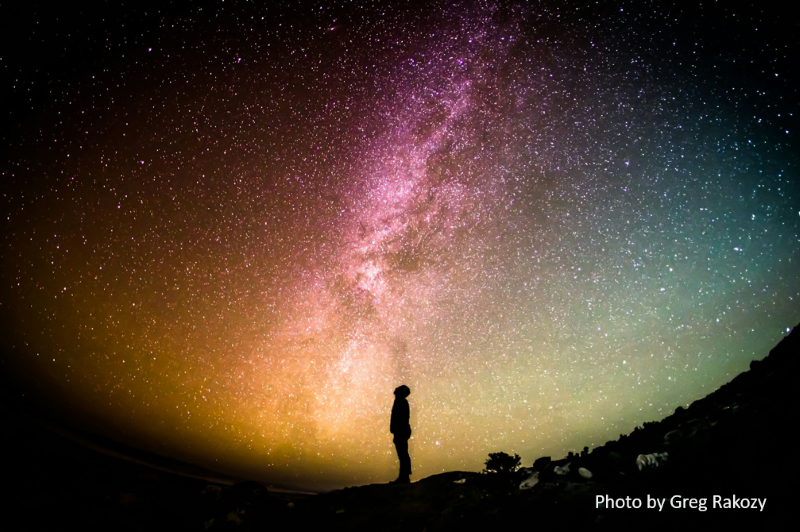Unlocking Inner Healing: The Path to Optimal Psychedelic Preparation
 In the realm of mental health and self-discovery, the conversation around psychedelics has taken center stage. At Benehealth, we recognize the growing interest in therapeutic psychedelic use and the potential it holds for individuals seeking profound insights and healing experiences. While we acknowledge that psychedelics are classified as Schedule I substances under federal regulations and do not promote their use, we believe in empowering individuals with comprehensive knowledge and preparation should they choose to embark on this journey.
In the realm of mental health and self-discovery, the conversation around psychedelics has taken center stage. At Benehealth, we recognize the growing interest in therapeutic psychedelic use and the potential it holds for individuals seeking profound insights and healing experiences. While we acknowledge that psychedelics are classified as Schedule I substances under federal regulations and do not promote their use, we believe in empowering individuals with comprehensive knowledge and preparation should they choose to embark on this journey.
Understanding Psychedelics in a Therapeutic Context
Psychedelics, such as psilocybin (found in certain mushrooms), LSD, ayahuasca, ketamine, and MDMA, have long been associated with spiritual practices and therapeutic rituals across cultures. In a therapeutic setting, guided by trained professionals, these substances offer a unique opportunity for deep introspection, emotional healing, and profound shifts in consciousness. They can facilitate a sense of interconnectedness, alleviate symptoms of depression, anxiety, PTSD, and addiction, and catalyze transformative experiences that foster personal growth and insight.
Exploring Therapeutic Psychedelics: A Comprehensive Overview
In the realm of psychedelic-assisted therapy, various substances offer unique pathways to healing and self-discovery. Below, we delve into the definitions and therapeutic uses of some of the most notable psychedelics, including LSD, ayahuasca, MDMA, psilocybin, and ketamine.
LSD (Lysergic Acid Diethylamide)
LSD, commonly known as acid, is a powerful psychedelic compound synthesized from lysergic acid. It induces alterations in perception, mood, and cognitive processes by primarily acting on serotonin receptors in the brain. In therapeutic settings, LSD-assisted psychotherapy has shown promise in treating anxiety, depression, PTSD, and substance abuse disorders. Its ability to facilitate ego dissolution and transcendental experiences can lead to profound insights and emotional healing.
Ayahuasca
Ayahuasca is a traditional plant medicine used ceremonially by indigenous cultures in the Amazon basin. It is brewed from the Banisteriopsis caapi vine and the leaves of the Psychotria viridis plant, containing the potent psychedelic compound DMT (N,N-Dimethyltryptamine). Ayahuasca ceremonies, guided by experienced shamans or facilitators, offer participants a transformative journey of self-exploration, spiritual awakening, and emotional catharsis. Therapeutically, ayahuasca has shown efficacy in treating addiction, trauma, depression, and anxiety disorders, while also fostering a deep connection to nature and the collective consciousness.
MDMA (3,4-Methylenedioxymethamphetamine)
MDMA, commonly known as ecstasy or molly, is a synthetic compound with empathogenic and entactogenic effects. Unlike classical psychedelics, MDMA primarily acts on serotonin, dopamine, and norepinephrine systems, inducing feelings of empathy, emotional openness, and connectedness. In therapeutic contexts, MDMA-assisted psychotherapy has demonstrated remarkable success in treating PTSD, particularly in cases where traditional treatments have been ineffective. It facilitates trust, enhances emotional resilience, and fosters a sense of safety and intimacy between therapist and client, leading to profound healing and integration.
 Psilocybin
Psilocybin
Psilocybin is the primary psychoactive compound found in certain species of mushrooms, commonly referred to as magic mushrooms or shrooms. It exerts its psychedelic effects by mimicking serotonin in the brain, leading to alterations in perception, cognition, and mood. Psilocybin-assisted therapy has shown considerable promise in alleviating symptoms of depression, anxiety, existential distress, and end-of-life anxiety in terminal illness. It promotes neuroplasticity, enhances emotional processing, and facilitates mystical experiences that can catalyze profound insights and personal transformation.
Ketamine
Ketamine is a dissociative anesthetic with potent psychedelic properties. It acts as an NMDA receptor antagonist, leading to dissociation from physical sensations and ego dissolution. In therapeutic settings, ketamine-assisted psychotherapy has emerged as a novel treatment for treatment-resistant depression, chronic pain, PTSD, and substance use disorders. Its rapid-acting antidepressant effects offer relief from depressive symptoms within hours, making it a valuable tool for individuals experiencing acute distress or suicidal ideation.
Each psychedelic substance offers a unique pathway to healing, transformation, and self-discovery within the context of psychedelic-assisted therapy. While the therapeutic landscape continues to evolve, research and anecdotal evidence suggest that these substances hold immense potential for addressing a wide range of mental health challenges and fostering profound states of consciousness. As exploration into their therapeutic applications expands, it is essential to approach their use with respect, caution, and a commitment to responsible integration under the guidance of qualified professionals.Top of Form
 The Benefits of Therapeutic Psychedelic Use
The Benefits of Therapeutic Psychedelic Use
The therapeutic potential of psychedelics lies in their ability to dissolve rigid thought patterns, allowing individuals to explore suppressed emotions, traumas, and existential questions with heightened clarity and compassion. Research suggests that under the right conditions, these substances can promote neuroplasticity, enhance emotional regulation, and induce mystical or transcendent experiences that lead to long-lasting positive changes in mindset and behavior.
The Importance of Holistic Preparation
Embarking on a psychedelic journey requires careful preparation, not only mentally and emotionally but also physically. A healthy body serves as a sturdy vessel to navigate the depths of consciousness and integrate the insights gained from the experience. Before, during, and after psychedelic use, prioritizing physical well-being through proper nutrition, exercise, and lifestyle choices can optimize the overall efficacy and safety of the journey.
 Benehealth’s Lifestyle Program Has You Covered for Optimal Journey Prep
Benehealth’s Lifestyle Program Has You Covered for Optimal Journey Prep
At Benehealth, we understand that optimal well-being encompasses more than just the absence of illness; it’s about nurturing a harmonious balance between mind, body, and spirit. Our Lifestyle Program integrates a functional medicine approach with the guidance of health coaches and nutritionists to support individuals every step of the way on their path to holistic health.
Through personalized assessments and one-on-one consultations, our team collaborates with clients to develop tailored nutrition plans, implement evidence-based lifestyle interventions, and cultivate mindfulness practices that promote resilience and vitality. Whether you’re preparing for a psychedelic experience or simply seeking to enhance your overall well-being, our comprehensive program empowers you to thrive in every aspect of your life.
The journey toward optimal psychedelic preparation begins with a commitment to holistic wellness and self-discovery. Through our Lifestyle Program, Benehealth equips individuals with the tools, support, and resources needed to embark on this transformative journey with confidence, integrity, and reverence for the profound healing potential that lies within.
Disclaimer
Benehealth acknowledges that psychedelics are classified as Schedule I substances under federal regulations and does not promote their indiscriminate use. The information provided is intended for educational purposes only and should not be construed as advocating or encouraging the use of psychedelics. We strongly advise individuals to seek guidance from qualified healthcare professionals and to conduct thorough research before considering any form of psychedelic therapy.

